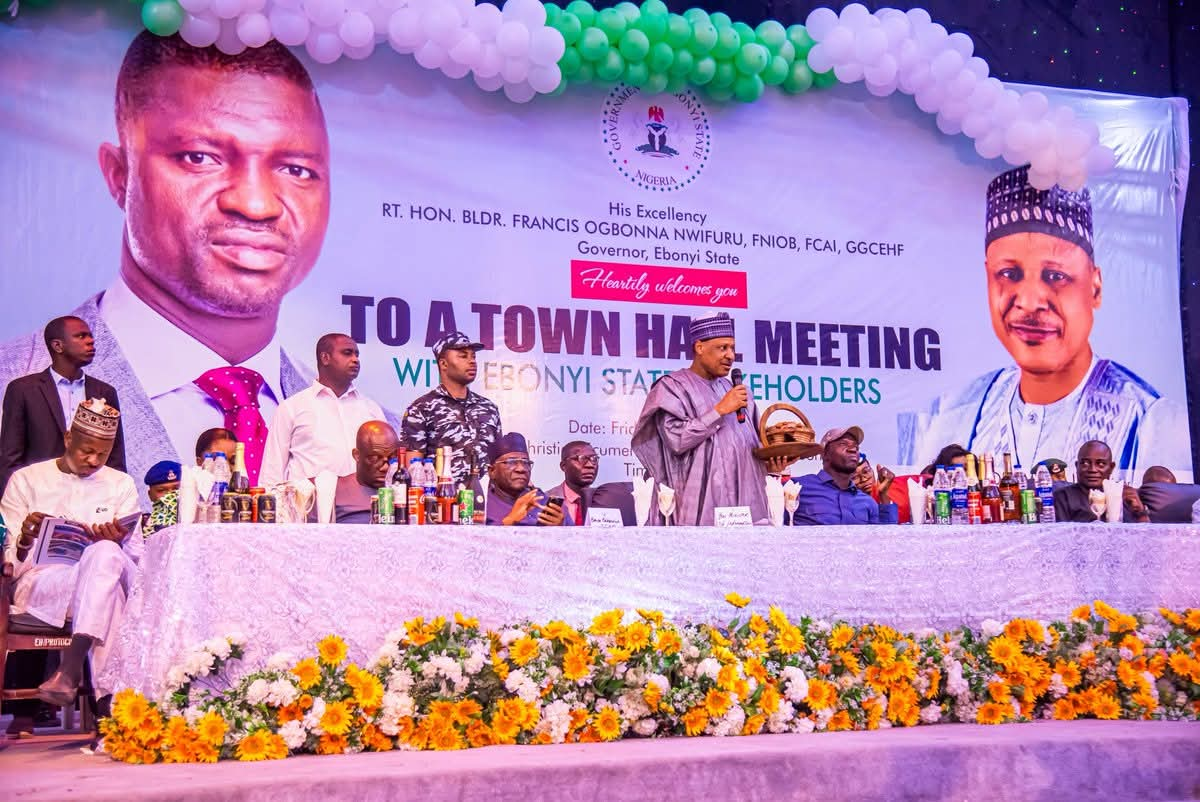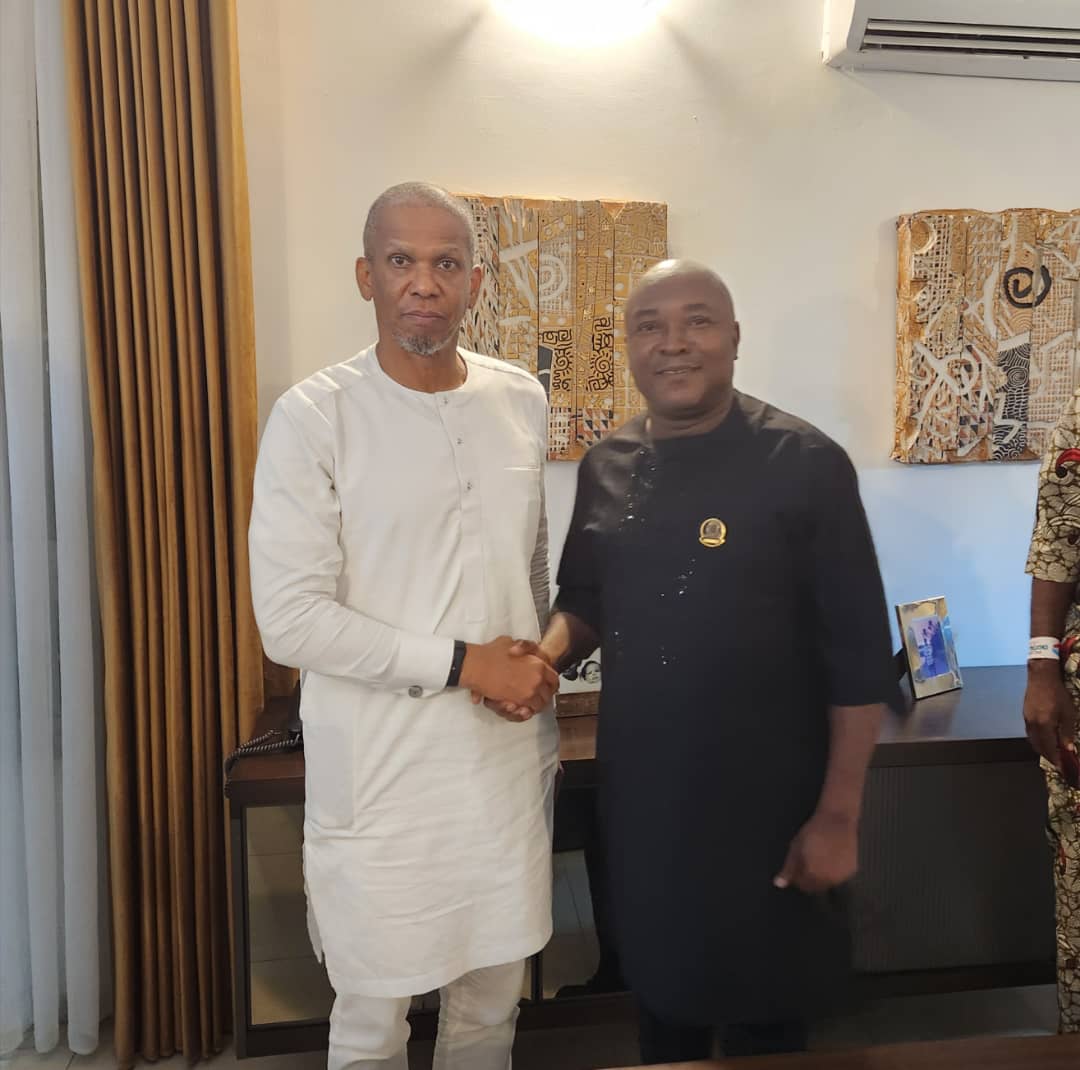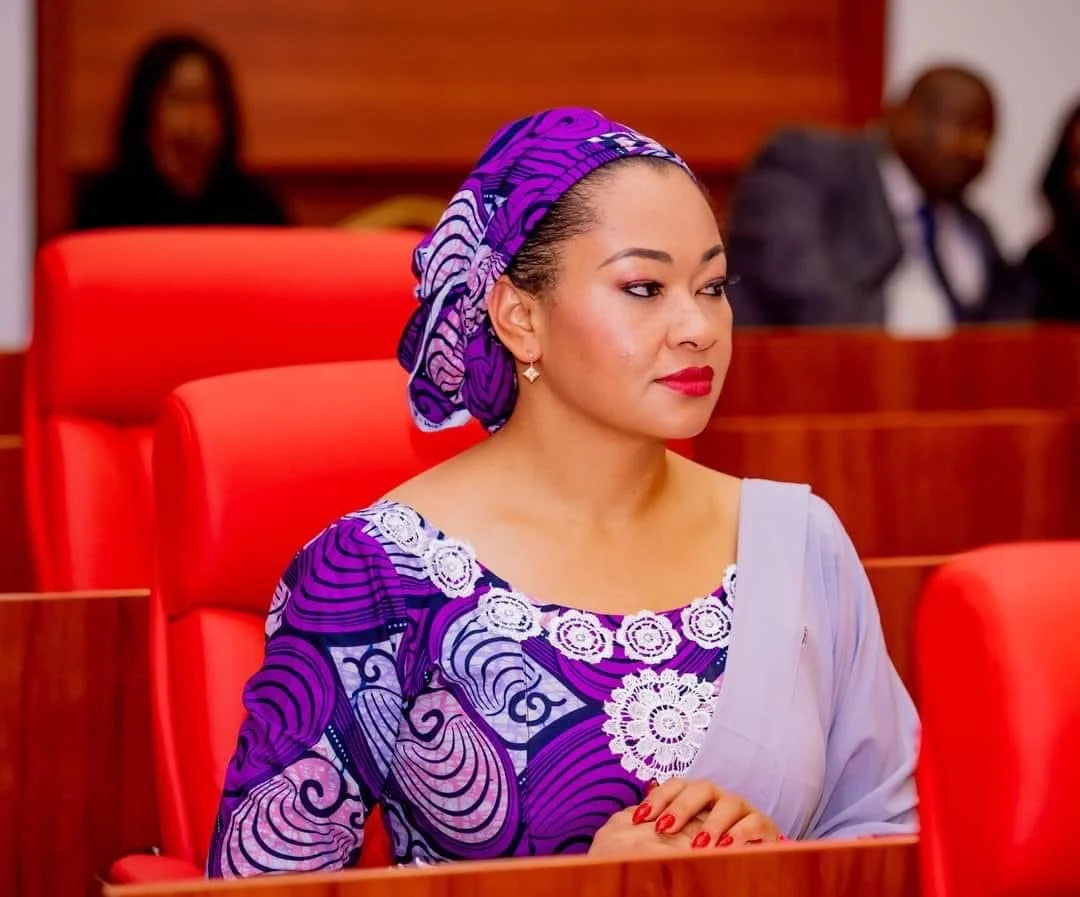Sylvester Asoya
One day, during my secondary school years in the mid-1980s, I stumbled on the Curriculum Vitae (C.V.) of Professor Chris Chukwujindu Chidebe, my uncle. Professor Chidebe who was at the time, a lecturer at the University of Ibadan, (Institute of African Studies), was everything a scholar and a good teacher should be. He was extremely charming, electrifying and engaging. But Chidebe was also a good mixer who was passionate about teaching and research. A widely travelled man who was adaptable, restless, pleasant, creative, innovative, confident and knowledgeable with excellent communications skills, Chidebe, it must be noted, was deeply stirred by knowledge and ideas.

Prof with his wife
However, two things stood out in that special CV: Languages Spoken and Universities Attended, a piece of information that was difficult to digest or ignore at that vulnerable age.
This portion of the C.V. that caught my attention read:
Languages Spoken:
Igbo
Yoruba
Hausa
English
French
Spanish
Portuguese
German
And a working knowledge of Italian.
Universities Attended:
University of Ife
University of Dakar
Georgetown University
Harvard University
Yale University
Princeton University
Howard University
University of Pennsylvania
Cornel University
Although this portion of my uncle’s CV had a profound effect on my impressionable mind as a teenager hungry for education and knowledge, I could not effectively process these materials that affirmed one man’s proficiency and ability to use over nine languages, both local and international. This was in addition to attending more than eight world-class universities in Africa and the United States of America. That day, in my confused state of mind, I ran to my father, Ben Asoya, a teacher, who satisfactorily solved the riddle in a jiffy. “If a local teacher like me could attend University of Benin and the University of Wales in far-away Cardiff, the United Kingdom, then you should expect more from our family’s brightest star. I must say that I saw this greatness when I first visited his father, my great uncle, Polite Isitua Chidebe in Samaru Zaria, in 1957. Chris, the restless and inventive little boy I encountered in 1957 reinforced this greatness in 1964 when I met him again, this time, he was a first-year student at St. Patrick’s College, Asaba. By that second meeting, I was already a teacher at St. Joseph’s Primary School, Asaba. And he also left an impression on me.”
Let me quickly add that on the day of that important discovery of this special C.V., Chidebe was actually on his way to Enugu for a job interview at the newly established Anambra State University of Science and Technology, ASUTECH. I may have missed out on a number of important details around my uncle’s documents but I still remember his good handwriting and the arrogant tone of his hand-written job application letter that actually threw me off balance for a moment. I wish to emphasize for the sake of clarity, that all the materials he left in our Asaba home were duplicate copies as he had gone to Enugu with the ‘originals’.
Again, let me state that Professor Chidebe remains my best and favourite uncle in spite of his failings.
So, today, I celebrate Professor Chris Chukwujindu Chidebe, the uncle like no other. Professor Chidebe was more than just an uncle and somebody of the same bloodline. He was a torchbearer, an exemplar, a hero, an achiever par excellence, a way-finder, an intellectual of the highest order, a great polyglot and a citizen of the world.
Curiously enough, very few things rivalled the weird and wonderous things that were closely associated with Professor Chidebe in his lifetime. For instance, in 1986, he was a special guest of Chief Sonny Iwedike Odogwu, the well-known Nigerian business mogul and philanthropist from Asaba during a big ceremony that I cannot put a finger on now. However, I remember vividly, how he mesmerized our French teachers (I was a secondary student at the time) by the way he spoke French expertly inside the staffroom of St. Patrick’s College, Asaba during that unforgettable visit to his uncle, Ben Asoya. “Uncle, I speak French like a native speaker. And, don’t forget that I studied French at Ife, Dakar, Paris and America. So, I expected the shock and amazement on the faces of your colleagues.” These were his words shortly after arriving the school’s staff quarters where we lived.
Two years later, he returned to our house at St. Patrick’s College, Asaba. This time around, he came as the provost of College of Education, Ekiadolor, Benin-City, Edo State. And, I had moved up a notch too in my academic pursuit as I was already an undergraduate in one of Nigeria’s federal universities. After arriving our home, we spent some time talking about university education, peer pressure and self-esteem, the waning influence of students’ union movement in Nigeria, my post university plans and Professor ‘Zulu Sofola, his former colleague and personal friend who was at the time, my head of department. I remember he spoke rapidly and rarely held back anything in spite of our age difference and my inexperience. It also turned out that I had just finished washing my clothes before his arrival. So, when he asked me to pack my wet clothes into my travel bag and follow him to Benin-City, I declined. As a matter of fact, I was taken aback by his awkward request under that circumstance. Moreover, I did not want to incur the wrath of my father, a teacher, who is a stickler for rules, order and common sense. In an instant, my uncle’s mood changed, and he became irritable as I remained unpersuaded, in spite of all his appeals and the prospect of a better life in Benin-City during that holiday period. Surprisingly, my father returned from school a few hours later and blamed me for missing a great opportunity.
A few years after that encounter, Professor Chidebe pulled another stunt that kept my family, especially my mother Bridget, on the edge for about four days. That day, he arrived Asaba from the United States and pleaded with my father to release his treasured Peugeot 504 GL saloon car (with registration number: BD 86 AA) for a few hours visit to Ogwashi- Uku, a neigbouring town where his father, my father’s great uncle, lived. With Jude, my younger brother on the wheel, they left for Ogwashi-Uku but later travelled all the way to Ibadan, in Oyo State where they spent four days. When Chidebe and my younger brother eventually showed up after those agonizing days without a word from them, my father received them warmly without a fuss. A few days later, I asked my father, just for my own curiosity, why he did not show any anger because we had all expected him to be mad at the professor. He was quiet for a while, but after digesting my question, he told me I was too young to understand. I now know.
Chidebe was indeed, an extraordinary human being. This unusual professor who had a great sense of style, also loved fashion and showmanship. And his taste for luxury was exemplified in his appearance and the expensive machines he drove. I remember his Citroen with the sticker ‘Harvard Scholar’ on the car’s windshield, and later a Lincoln Continental with an interior and accessories that were of the highest quality. Recently, my octogenarian father recalled his remarkable wedding that brough back good old memories. During that Professor Chidebe’s talk of the town wedding in Benin-City to the daughter of Professor Emmanuel Emovon, the famous scholar and former Vice Chancellor of the University of Jos, Chidebe pulled yet another stunt. He took his guests from different parts of the world unawares when he addressed them during his special vote of thanks in perfect English, French, Spanish, Portuguese and some Nigerian languages. He was indeed, a great showman.
I also remember how my mother’s cousin from Asaba, a US based scholar, regaled my siblings and I with stories of their adventures together, and how Professor Chidebe once prepared a scholarly article for him in a few hours in the United States.
For some of us, (his brothers, sisters, nephews and nieces), Chidebe is incapable of being forgotten. I remember I first heard words and expressions like meal tickets, elective, required and compulsory courses, auditorium, ideology, vice chancellor, inaugural lecture, Marxism, hall of residence and more from him when he visited us during his graduate studies days in Dakar.
Apart from Story of My Life, an autobiography by Moshe Dayan, the extraordinary Israeli military leader, politician and statesman, my uncle was the second person that exposed me to Arab-Israeli conflict. An authoritative journal, Arab-Israeli Affairs that was published in the United States of America in those days, opened my eyes to the history, politics and economics of that never-ending war in the Middle East. As a matter of fact, I looked forward to reading the publication every quarter because my uncle was on the editorial board of the journal. My siblings and I are also proud beneficiaries of his books, thoughts, friends and legacies. By the way, Professor Chidebe introduced us (my brothers: Alex, Jude and I) to the evergreen songs of Julio Iglesias, the incredibly talented Spanish singer, performer and song writer. Recently, I shared Iglesias’ music videos on Facebook and remembered my unforgettable uncle who showed the way. We also owe him a big debt of gratitude for leading us to the timeless works of other great Spanish composers like Isaac Albeniz, Manuel de Fella, Enrique Granados, Joaquin Turina and other important Spanish classical musicians that wrote many piano pieces in their time.
The Chidebe family of Idigba Ojii Village, Okpanam, a town in Oshimili North Local Government Area of Delta State is well-known for courage, heroism, adventure and great bravery. Some of their progenitors like Obi Ugala and Obi Onwudiachi, two exceptional community leaders and warriors that featured very prominently during the inter-tribal wars of their different eras, left their mark. This pervading torch of heroism was eventually passed on to Polite Isitua Chidebe, the professor’s father, a soldier who fought during World Wat 11 in today’s Myanma in Southeast Asia. However, at the end of the Second World War in 1945, Polite Isitua Chidebe left soldiering on the advice of his sister, Asika (Obi) Alice Asoya for agriculture where he worked for many years before retiring as Agric. Superintendent.
In a way, this same shared family courage, heroism and intellectualism also drove Chief Chris Maduaburochkwu Okolie, Professor Chidebe’s cousin. Okolie, who shared a common ancestry with Chidebe, was a fearless Nigerian journalist and lawyer who fought for press freedom, human rights and democracy in his active days in the media. He was also one of the actors that pioneered the production of news magazines (Newbreed Magazine) in Nigeria, and he lived a heroic life until his death in 2007.
However, I hasten to add that there are still great men and women in the Chidebe/Ojogwu family but one particular Iroko stands tall from the Onwudiachi Ojogwu branch of the family today. He is Ike Ojogwu, a scholar and professor of medicine who served at the University of Benin for many years before his retirement.
So, it is clear and gratifying too that the curtains are not drawn on this illustrious family even with the physical absence of some of their iconic children like Chidebe and Okolie. However, one thing is sure, things are very different now. And as we move from one generation to another, we must take the study of genetics and related issues more seriously because it is the key to the past, even in the confusion of present time.
Professor Chidebe, your death is such a deep loss, but you will never be forgotten.















Leave a Reply